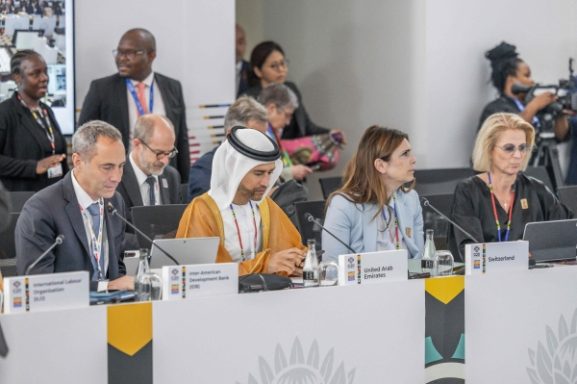Silent Retreats: How the Rise of Quiet Vacationing Could Transform Your Business Strategy in Oman
Quiet Vacationing: A New Workplace Trend for Summer
As summer unfolds, a new phenomenon termed "quiet vacationing" has emerged, reflecting a trend not unlike last year’s "quiet quitting." In this scenario, employees are not formally taking time off yet are managing to enjoy vacations while giving the impression they are still engaged in work.
Unlike quiet quitting, where individuals mentally disconnect from their jobs, those engaging in quiet vacationing remain connected digitally, often appearing online while actually enjoying leisure time far from their desks. This can mean responding to emails or checking messages from a beach in another country, all while seemingly fulfilling their work responsibilities.
Millennials, in particular, are likely to engage in this behavior. A report from Harris Poll indicates that 28% of employees have taken time off without informing their employers, with millennials accounting for nearly 40% of this group. In contrast, less than 25% of Gen Z, Gen X, and baby boomers have done the same.
This trend appears to stem from a deep-seated fear among millennials of being perceived as lazy or unprofessional, leading many to resort to deceptive practices to maintain the illusion of productivity. Researchers believe these individuals are more likely to avoid utilizing their entitled leave out of concern that requesting time off could jeopardize their job security.
A separate study by Resume Builder found that 43% of quiet vacationers are covertly taking up to three days off while still being paid. Additionally, 25% report taking a full week off without proper notification. Anxiety about the implications of paid leave is a significant driving factor, with two in five workers expressing concern over how taking time off may impact their job stability.
If you suspect an employee may be quiet vacationing, watch for shifts in their responsiveness. Career coach Kyle Elliott suggests that a change in the timing or frequency of their replies can be a giveaway. He emphasizes that employers should address the root cause of this behavior to foster a healthier workplace culture, advocating for clear communication of expectations to alleviate confusion and promote psychological safety among employees.
By ensuring that employees understand where and how they need to be available, companies can mitigate the pressures that lead to quietly deceptive work patterns.
Special Analysis by Omanet | Navigate Oman’s Market
The trend of "quiet vacationing" poses both opportunities and risks for businesses in Oman. Employers can enhance employee engagement and productivity by fostering a culture of psychological safety and transparency around leave policies. Smart investors and entrepreneurs should consider implementing clear expectations around work-life balance to mitigate risks associated with hidden absenteeism while reinforcing employee satisfaction.



